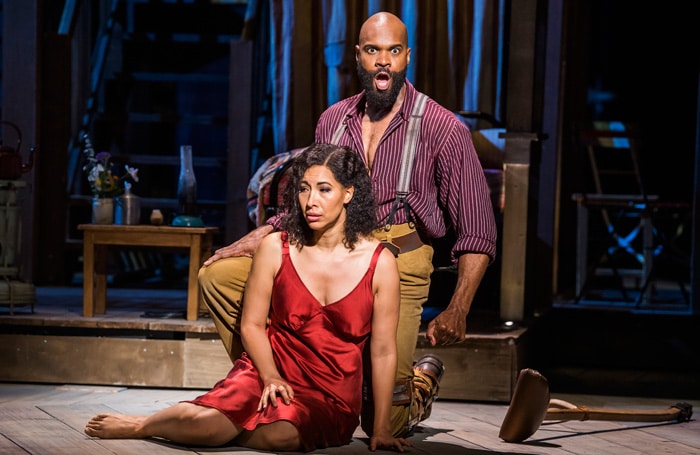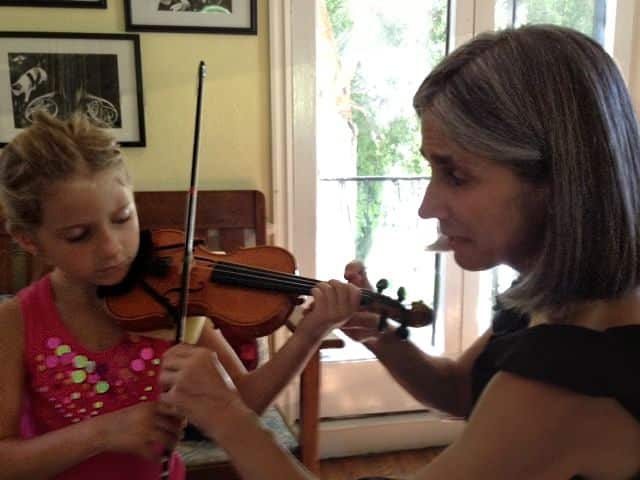Just in: ENO aims for ethnic equality in chorus
mainPress release:
English National Opera (ENO) today (Monday 28 January) announces a key step forward to making the opera industry more accessible and representative of the society in which we live.
ENO is to recruit four new choristers from a Black, Asian and Minority Ethnic (BAME) background in a concerted effort to ensure our Chorus more fairly reflects our society. They will join the ENO Chorus for the 19/20 Season for a 9 month paid contract with the view to extending for a further season. This means that for the first time ever, ENO’s Chorus will more closely echo the proportion of people from diverse backgrounds that currently make up the UK population (currently 13%). ENO are also actively seeking to audition and employ Choristers from a BAME background for ‘extra chorus’ positions.
In addition, ENO is launching three annual ENO Director Observerships, offering emerging BAME directors the opportunity to work alongside world-renowned opera directors, observing the entire process of directing an opera from start to finish. Participants (who will be paid) will also be given an insight into the day to day workings of a large national company, from stage management and company office to technical and production.
From the start of the 2018 Season, ENO put into place, for the first time ever, blind auditions for the orchestra, as part of its recruitment process.
Stuart Murphy, ENO CEO, said: “I am proud of ENO’s founding principle to provide opera for everyone and hope today’s announcement shows we continue to be committed to making this a reality in three key areas – reflecting diversity in both our performers and non-performers, and in our audiences. If we get this right, it will liberate new pools of talent in the UK and bring a greater and more varied stories to our stage. Today’s announcement follows the launch before Christmas of our scheme giving Free Tickets to Under 18’s on Saturdays, for which almost 1,000 tickets have been claimed.”






Comments